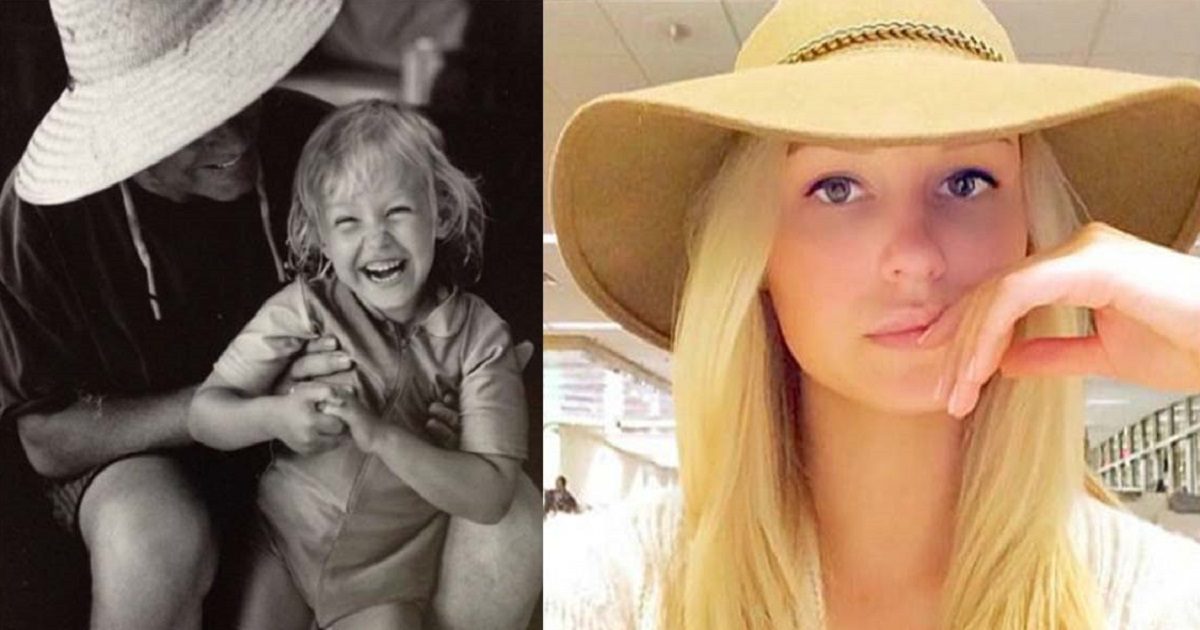After her parents split up, things at Tami’s house changed. Her mom started working, and Tami became responsible for caring for the house and making meals for herself and her younger sister. Though money was tight, they never went without. They had a nice home in a modest neighborhood, and the girls never wanted for the necessities—food, clothing and shelter. What Tami missed most of all, though, was family.
Tami spent the summer during her ninth-grade year working at a park to earn extra spending money. Her job was to run the ball shed and organize activities for the kids who spent their summer days at the park.
The kids absolutely adored Tami. She was constantly going out of her way to do things for them. She would plan picnics, organize field trips and even buy ice cream for all of them, using her own money. She always did more than the job required, even if it did mean using her own money.
She got to know one little boy who lived in an apartment across the street from the park. His parents both worked at fast-food restaurants, and she knew that they didn’t have much money.
The boy talked about his upcoming birthday and the fire truck he wanted so badly. He said he was going to be a fireman someday and needed the truck to practice. He told Tami more details about the truck than she knew a toy truck could have.
The boy’s birthday came and went. The next day when Tami saw the boy, she expected to see a shiny red truck in is arms. When he arrived empty-handed, she asked about his birthday—did he get his truck?
The boy said no, his parents were going to have to wait and get it for him later, when things were better. He seemed a little sad but kept his chin up as best he could.
That week, Tami cashed her paycheck and headed for the toy store. She found the truck easily—after all, from his descriptions, she felt she knew it inside out. She used the money from her paycheck to buy the truck, then had it wrapped in birthday paper.
Early the next morning, Tami rode her bike to where the boy lived and left the wrapped truck at the door, without a note. When the boy showed up at the park that day, he was more excited than she’d ever seen him. He showed off his new truck to Tami, then played with it all day long.
That afternoon, the boy’s mom came to the park. She walked over to Tami.
“Thank you,” she said.
Tami tried to act confused, as though she didn’t have a clue as to why this woman would be thanking her.
“I get up early in the morning, just like you do,” the mother said.
Knowing that she’d been found out, Tami started to explain, but the woman stopped her.
“We want to pay you back,” the woman said.
Though Tami started to say no, the woman went on to say, “We don’t have the money to pay you for it, but I want you to come over for dinner tonight.” Tami felt she should refuse, but the boy’s mom would not take no for an answer.
After work, Tami walked over to the boy’s house. She could smell dinner coming from their window, though she couldn’t recognize what it was. When she entered their home, she saw that the family of four shared a small and cramped one-bedroom apartment. There were only two chairs at the makeshift table that served as the dining area. Instead of eating at the table, Tami and the family sat together on the ragged couch. They passed around collard greens, chicken and macaroni and cheese, laughing as Tami warily tried collard greens for the first time.
Tami had a great time that evening. As she left, it was Tami who was saying thank you. Though their means were modest, her hosts had given Tami something she had been missing—the warmth of a family.
She learned not only the rewards of giving, but that everyone has something to give. And that by accepting what is given to you, you complete the circle of love.
If you know someone who might like this, please click “Share!”


